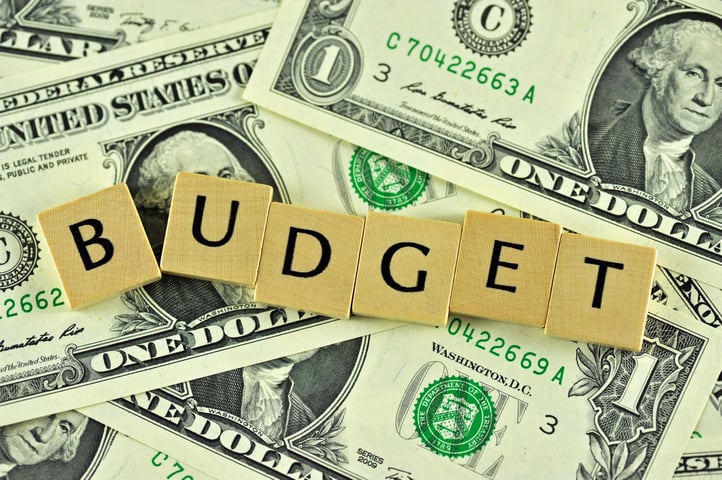We've talked about the importance of regularly monitoring your credit score—but is there such a thing as checking it 'too' often?
- How frequently does your credit score update?
- If there's no change, does it really matter if you monitor it often enough?
These are excellent (and common) credit questions! Understanding what affects your credit score, how to read a credit report, and when to ask yourself, 'Is it time to check my credit score?' are all critical aspects of improving or retaining good credit.
Keep reading to learn how often your score updates—and if checking it too often can hurt your score.
 What Is a Credit Score Update?
What Is a Credit Score Update?
- When credit bureaus receive new information that impacts your credit score, the number can change.
- This information can be bill payments, new lines of credit, late payments, or other financial activity.
- Depending on when that information arrives at each of the three credit bureaus, your credit score changes.
- However, it's important to note that updates can differ when comparing numbers from the three reports.
In most cases, you can count on your score to update about once a month. While your score can change several times throughout a month (depending on when each credit bureau receives new information), monitoring your credit report every month is a responsible way to answer the question 'When should I check my credit score?'
However, be aware that each credit bureau offers only one free credit report per year.
Is One Report Better Than the Others?
- The three credit bureaus (Experian, TransUnion, and Equifax) use different methods to evaluate and report your credit score. No single report is better than the other.
- Monitoring your score from each bureau can give you a complete picture of your score—and how your habits affect the reporting.
'Can I Check It Too Often?'
If you've been asking, 'Is it possible to check my credit score too often?' the answer is yes—but it won't hurt your credit score. That said, checking it too often can be stressful when comparing weekly fluctuations or variations in the three different reports. However, if you check it every day, that activity won't negatively impact your score.
Remember: checking your credit score is different than when a financial institution or potential employers pulls your credit history. Every time a third party runs your credit, it can impact your score.
 Better Credit Doesn't Happen Overnight
Better Credit Doesn't Happen Overnight
Is a fluctuating credit score truly an 'update' or 'improvement'? Not necessarily. Again, while it's helpful to stay informed about your credit score, minor fluctuations up or down aren't a significant indicator of improving your credit or watching it decline.
- The changes required in your spending and credit habits to affect your credit score aren't going to occur overnight.
- Fixing your credit and maintaining a consistently good credit score requires credit help and the right long-term habits.
- It's not about a quick fix or temporary behavior change.
Watching your credit score improve month-to-month can be exciting, but maintaining that momentum requires a commitment to fixing your credit for the long haul.
Don't Wait to Improve Your Credit!
If you don't like the numbers you see when you check your credit score, it's time to improve your credit! Never checking your score doesn't make it go away or improve your situation, either.
- Staying up-to-date with credit score updates can help monitor your progress toward better credit.
- With a Credit Diva by your side, we can help guide you through changes in your score, how to read reports from the different bureaus, and the best habits to fix your credit—and maintain it!
The right credit repair plan won't fix your credit overnight, but it can happen quicker than you might think. We offer the most effective credit repair services in Dallas, and we're here to help you. Contact us to learn more about how we provide credit help—and never fear your credit score again!






